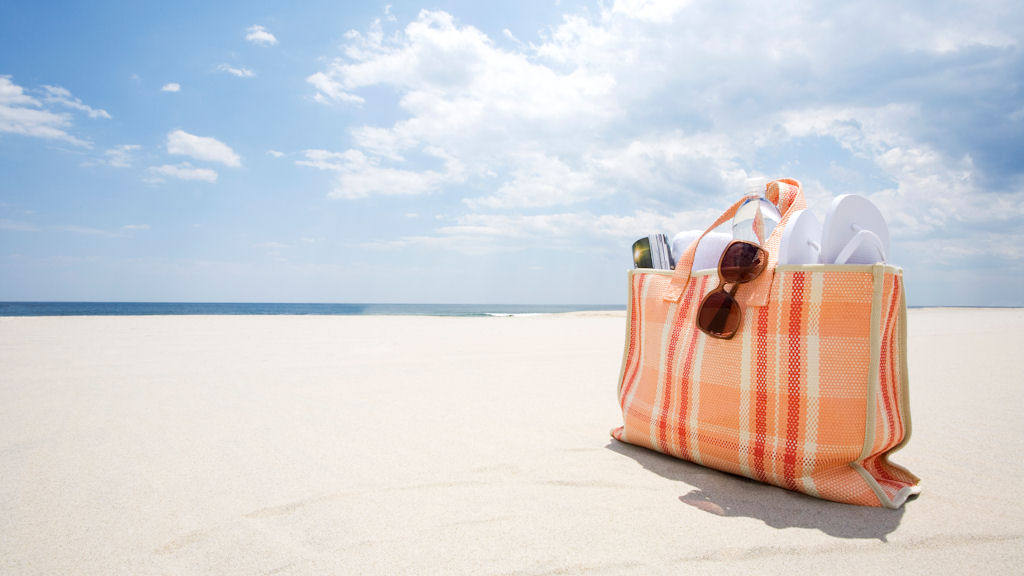Why disability should not be a barrier to flying
An activist who has set up her own campaign for disabled air travellers blogs for Channel 4 News on why air travel should not be a “no-fly zone” for disabled people.

My name is Hayleigh Barclay, I am 24 years old, a university student studying a masters and I also have a neuromuscular condition called Spinal Muscular Atrophy. The nature of my condition means that it is necessary for me to use a wheelchair for mobility and as I have weakening of the muscles and scoliosis of the spine, my chair has been specifically designed to meet my needs and comfort.
There, that’s the boring bit over with. Now I will get to the real reason for my blog. I am here to offer a voice to those who need it and to explain my campaign, Plane Fair, which aims to raise awareness and work with aviation authorities to make air travel as accessible to disabled people as possible.
The campaign began two years ago when I read a report which revealed some of the issues that disabled passengers face when trying to go on holiday. Whilst digesting the report, I discovered that many people were like myself, unable to access airplanes as they are unable to transfer out of their own wheelchair to sit in a standard airline seat.
We need to speak as one voice to say that we want the world to be open for everyone.
This got me thinking that if this issue affects not only myself but others as well, then surely a solution should be being searched for, the desired outcome being that wheelchairs would be able to be taken onboard and secured safely in place during the flight. But the short answer is, no solution has been found so far.
From my initial findings, I have contacted various organisations such as airlines and safety regulators like the European Aviation Safety Authority (EASA). From these correspondences I have discovered that no one seems to know who is directly responsible for the research and design plans. Is it the airlines that provide the service? Is it EASA who create and monitor all safety aspects? Or is it the MPs and legislators who create equality laws? As you can see, this is a very complex issue
Find out more about Hayleigh Barclay's campaign, Plane Fair here or on Twitter @PlaneFair, or sign the petition
Let’s take a more personal approach. When was the last time you travelled by plane? Perhaps it was to somewhere hot and sunny. I wouldn’t blame you, as we haven’t had much of a summer! What was your main concern? Was it your fear of forgetting your passport? Or was it a fear that your luggage may be lost? Or maybe you were simply worried about sleeping in and missing your flight?
All valid apprehensions – we have all had a dodgy alarm clock – but for some disabled passengers, this is just the tip of the iceberg.
Can you imagine arriving at your destination and realising that your wheelchair has been damaged or broken? This is not only inconvenient but it is the equivalent of someone removing an able-bodied person’s legs. Please take time to think about how you would react, let alone get around.
Also, how would you feel if you felt too frightened to eat or drink onboard a plane as you knew there was no way you could access the bathroom facilities? Or what if you had to sit or lie down across the seats whilst being in extreme pain and dreading every aspect of the flight – not to mention dreading the flight coming back?
Or perhaps you are a mother or father with a disability, but you cannot access planes. How would you explain to your child that the world is not accessible to everyone? Or if you were the family of a disabled person, can you imagine the guilt some families face when they have to choose between travelling without that person or not travelling at all?
I know these scenarios all sound very random but these are just some of the stories that I have been told throughout the campaign.
We are now in the middle of the Paralympics and we have witnessed the strength and diversity of the human race. This proves that the world is a place for all people with different abilities and disabilities, so shouldn’t the world and the opportunities afforded to all people reflect this?
We are constantly evolving in our understanding and enhancing new technology so I am confident that a solution will be found, but we need to speak as one voice to say that we want the world to be open to everyone.
